AI Tools Are Writing Your Résumé:Artificial Intelligence (AI) is no longer just a futuristic buzzword; it is now actively shaping the way professionals apply for jobs. From cover letters to résumé generation, many job seekers are discovering that AI tools are writing résumés faster and more efficiently than ever before.
But here’s the problem: convenience can sometimes come at the cost of credibility. If you let AI dictate your career story without careful oversight, you risk misrepresenting your skills and damaging your reputation.
This extended guide explains how AI tools are writing your résumé, what opportunities they create, what risks they pose, and how you can stay in control.
Why AI Tools Are Writing Your Résumé
AI Tools Are Writing Your Résumé:The demand for quick résumé generation is higher than ever. Job seekers face multiple challenges: hundreds of applicants for one position, complex Applicant Tracking Systems (ATS), and employers who often spend just 7–10 seconds scanning each résumé.
AI tools have stepped in to bridge this gap by:
Offering keyword-optimised résumés tailored for ATS.
Suggesting industry-specific layouts and structures.
Enhancing professional language with power verbs and action-driven phrases.
Formatting résumés to look clean, modern, and recruiter-friendly.
This means that AI tools writing your résumé can increase your chances of landing an interview — if used wisely.
The Hidden Risks of AI in Résumé Writing
AI Tools Are Writing Your Résumé:While AI promises efficiency, there are critical risks if you rely blindly on automation.
1. Exaggerated Skills
Some AI résumé tools “fill in the blanks” by adding advanced skills (e.g., coding languages, leadership roles) that you may not actually possess. This looks impressive on paper but could backfire in interviews.
2. Generic Templates
Recruiters read hundreds of résumés daily. If all applicants use the same AI-generated format, your résumé may lack originality.
3. False Achievements
AI often suggests measurable results (“increased sales by 45%”) even when no data exists. Such fabricated claims may be flagged as dishonesty.
4. Cross-Cultural Misalignment
A résumé that works in the U.S. may not be suitable for the UAE, Qatar, or India. AI may ignore these cultural and legal nuances.
5. Long-Term Trust Issues
Your résumé is your brand. If employers sense a mismatch between what’s written and what’s true, your credibility may suffer permanently.
In short, while AI tools are writing your résumé, only you can ensure it reflects the real you.
How to Take Control of Your AI-Written Résumé
AI Tools Are Writing Your Résumé: AI should be your assistant, not your replacement. Here are practical steps:
Fact-Check Every Detail: Don’t let AI invent skills or experiences.
Inject Human Personality: Replace robotic phrases with personal achievements.
Balance Keywords and Authenticity: ATS-optimization is good, but don’t overstuff.
Customise for Each Job: AI may create a “one-size-fits-all” résumé, but tailoring is key.
Get Feedback:Share the résumé with mentors or HR professionals before applying.
By doing this, you’ll ensure that AI tools writing your résumé amplify your strengths without misrepresenting you.
The Benefits of AI — When Used Wisely
AI Tools Are Writing Your Résumé:Not everything about AI résumé tools is risky. With the right approach, they can provide powerful advantages:
Speed: Drafts a professional résumé in minutes.
ATS Compliance: Uses keywords recruiters look for.
Clarity: Eliminates formatting issues and spelling errors.
Customisation: Offers multiple styles for different industries.
Confidence Boost: Helps job seekers articulate achievements more clearly.
Instead of avoiding AI, the goal is to use AI responsibly.
AI Tools in Global Recruitment
AI Tools Are Writing Your Résumé: Different countries and industries are embracing AI résumé tools at different paces.
Middle East (Qatar, UAE, Saudi Arabia): Employers prefer concise, ATS-friendly résumés with clear experience timelines.
India & South Asia: AI résumé tools are trending among IT professionals and fresh graduates.
Europe & U.S.: Recruiters often use AI to filter résumés, so keyword optimisation is essential.
Africa (Kenya, Nigeria, etc.): Job seekers are exploring free AI résumé tools, but manual edits remain critical.
This global view shows that AI tools writing your résumé can be effective only if localised for cultural and market expectations.
Real-World Example: AI Misuse vs. Human Oversight
Imagine two job seekers:
Rahul, a software engineer, uses AI to generate a résumé. The tool exaggerates his experience, claiming he led a “team of 15 developers”. During his interview, he struggles to explain this, and the employer immediately questions his honesty.
Aisha, a project manager, uses AI to generate a first draft but edits it carefully. She replaces vague AI phrases with real projects she handled in Qatar. In her interview, she confidently explains her achievements. She earns the job.
This demonstrates why AI tools writing your résumé need your human touch.
How Recruiters View AI-Written Résumés
AI Tools Are Writing Your Résumé:Recruiters are increasingly aware of AI in job applications. Many can detect when a résumé is overly generic or filled with buzzwords. Employers don’t mind if you use AI as long as you ensure accuracy.
What impresses recruiters most is honesty combined with clarity. A résumé that is both professional and authentic builds trust faster than a résumé that looks “too good to be true”.
Final Thoughts
AI Tools Are Writing Your Résumé:AI is reshaping recruitment, and it’s undeniable that AI tools will be writing your résumé in 2025. But technology alone cannot define your career journey.
Your résumé is your personal brand, and no algorithm should own that narrative. Use AI for what it does best (speed, formatting, ATS optimisation), but never let it override the truth of your achievements.
By staying in control, you protect not only your résumé but also your long-term professional reputation.

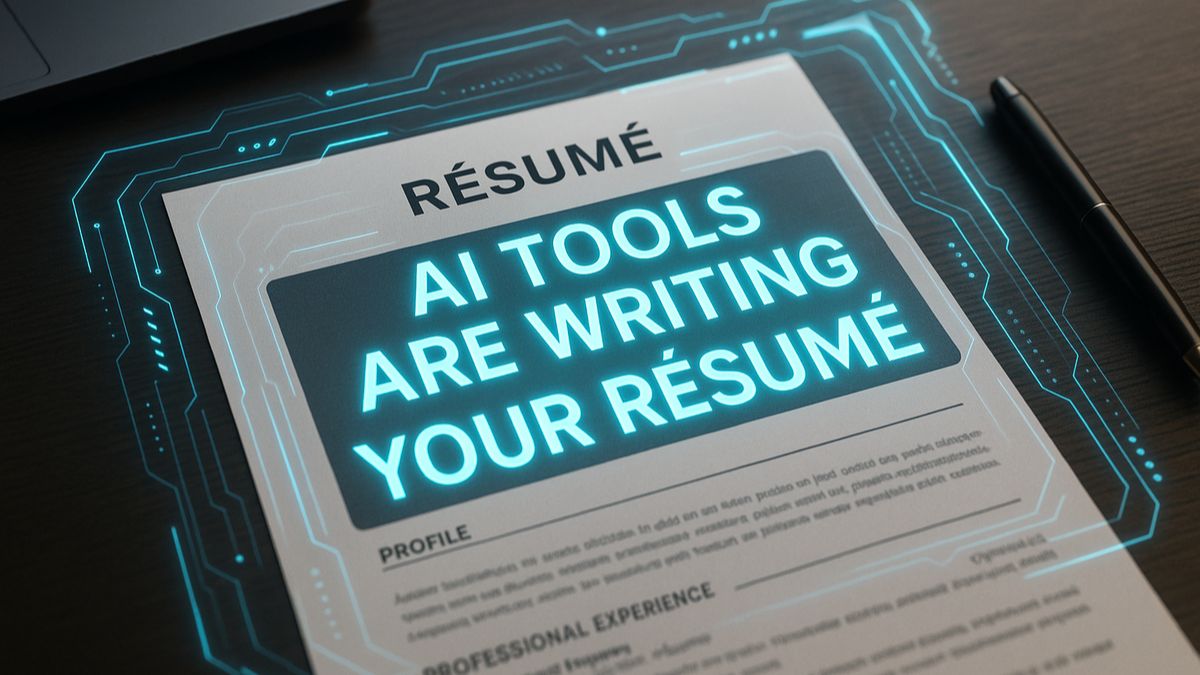
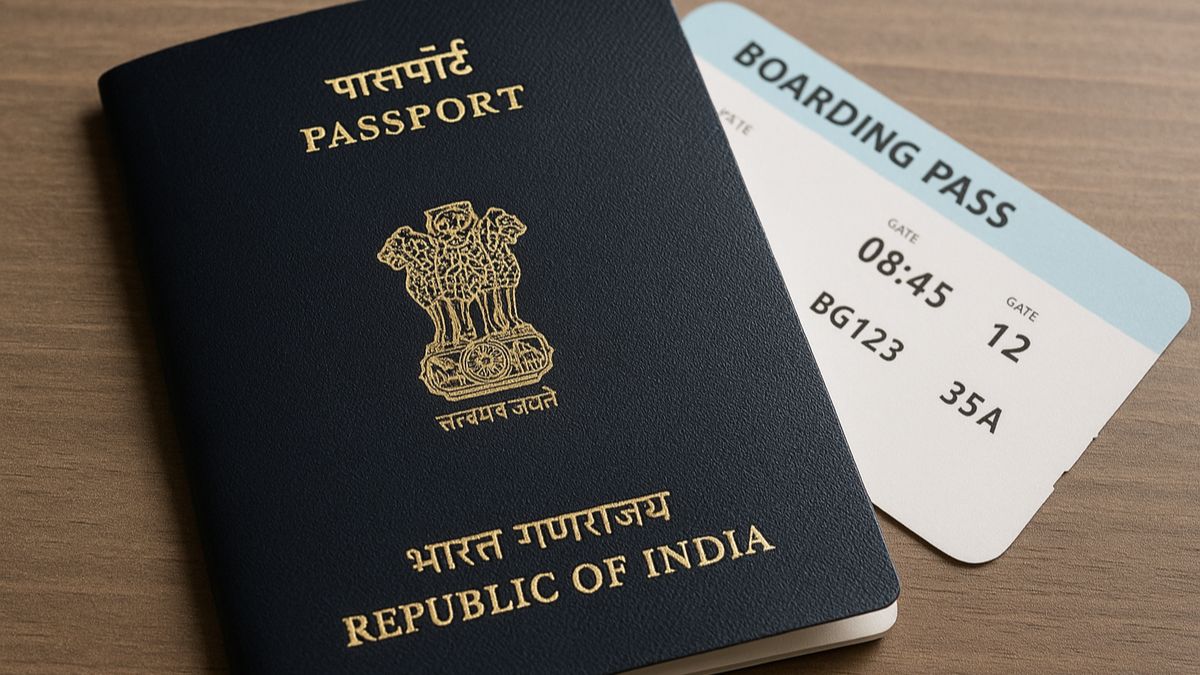
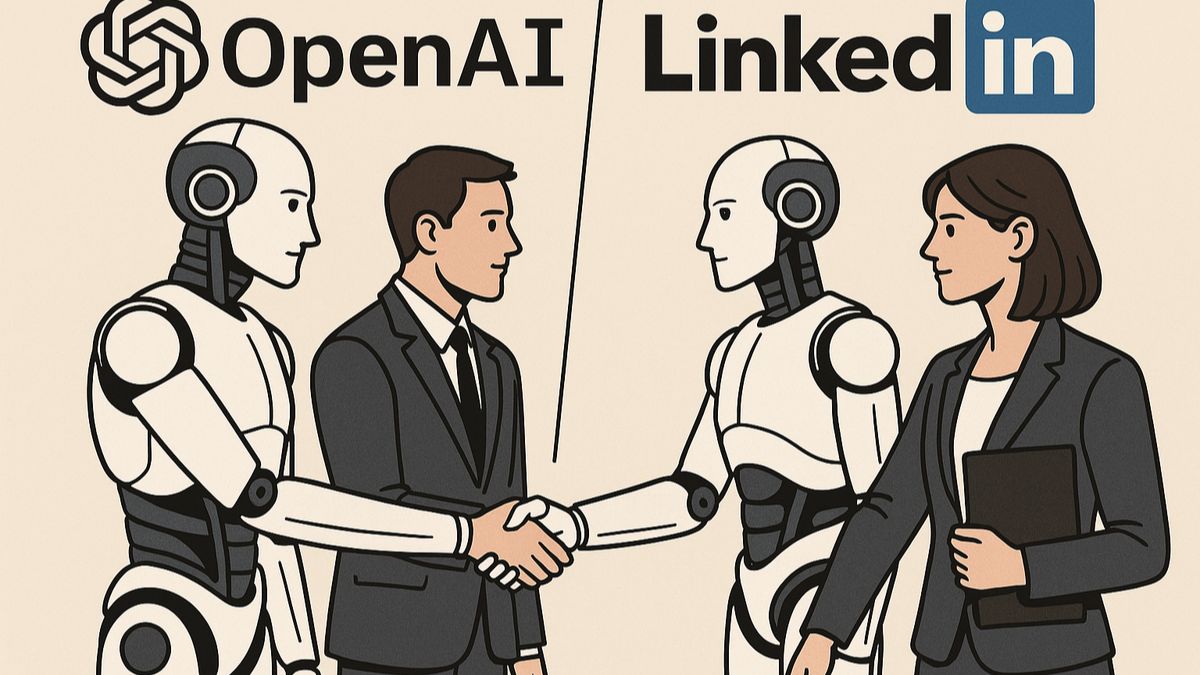
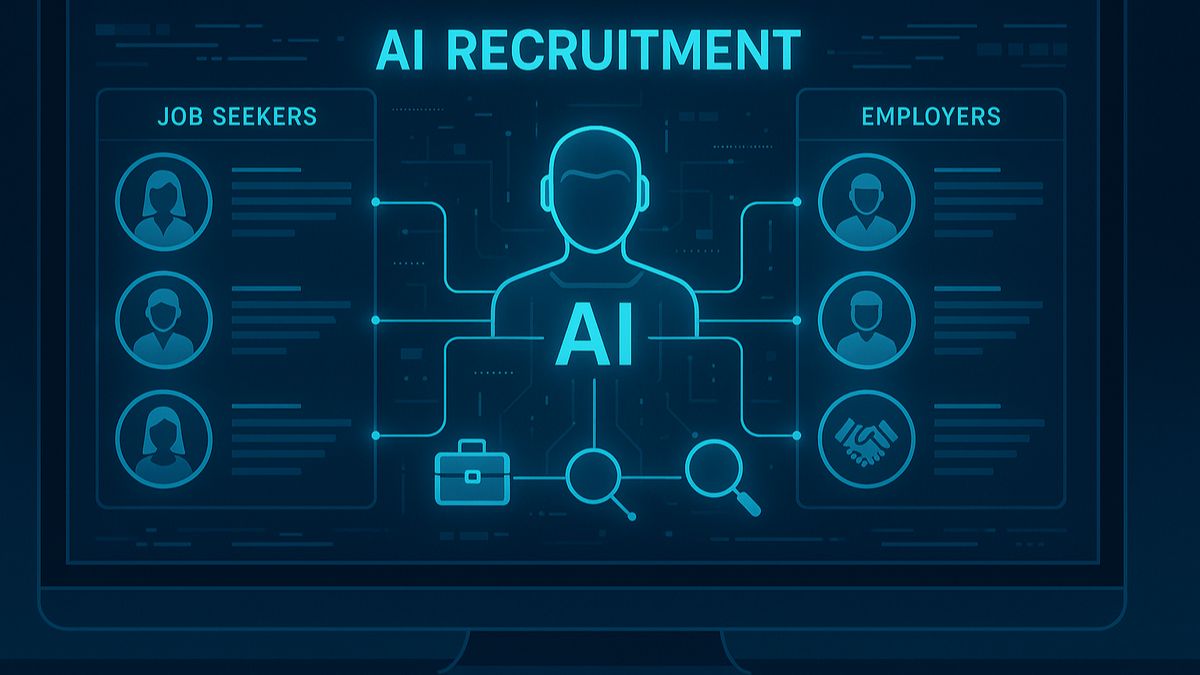



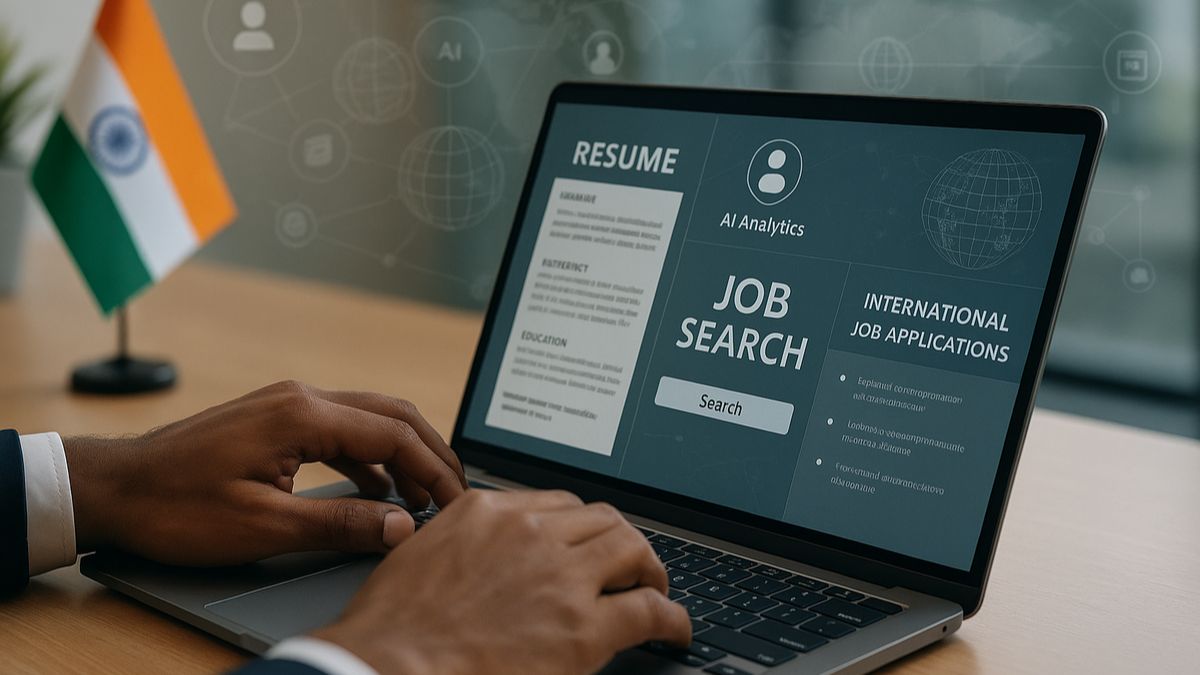

 India’s reputation for technical excellence often overshadows the importance of soft skills in international career success. The human in recruitment involves identifying candidates who combine technical proficiency with the communication, leadership, and cultural intelligence
India’s reputation for technical excellence often overshadows the importance of soft skills in international career success. The human in recruitment involves identifying candidates who combine technical proficiency with the communication, leadership, and cultural intelligence 
 Software Development and the AI Workforce Revolution
Software Development and the AI Workforce Revolution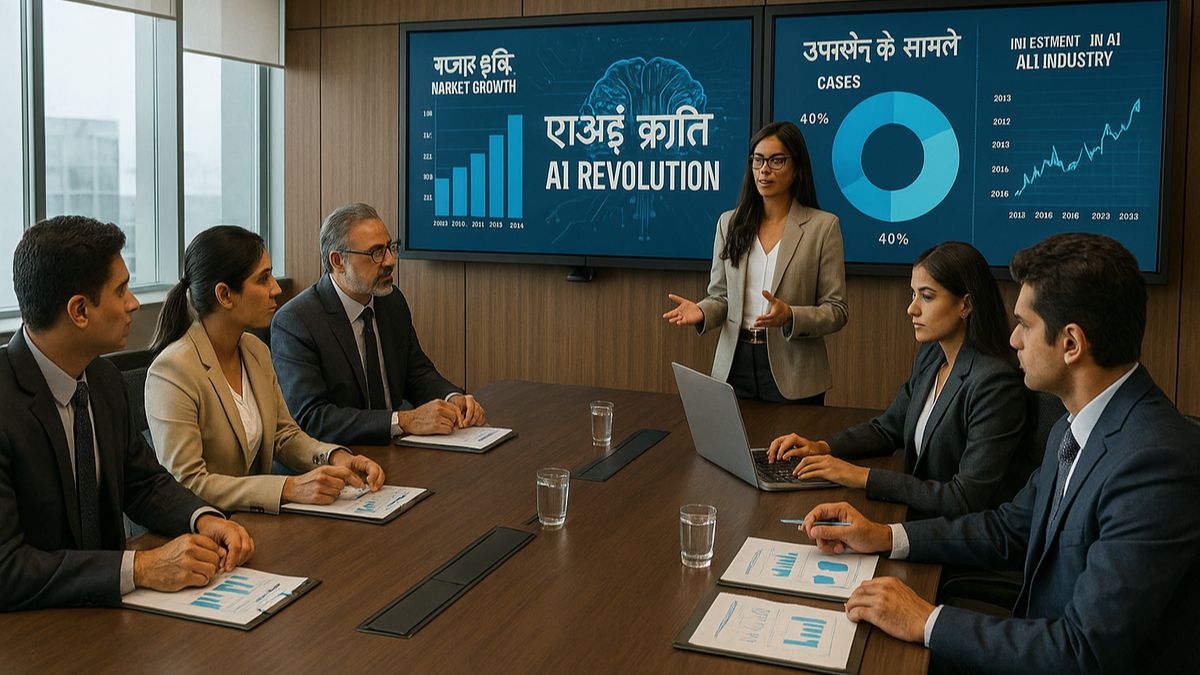
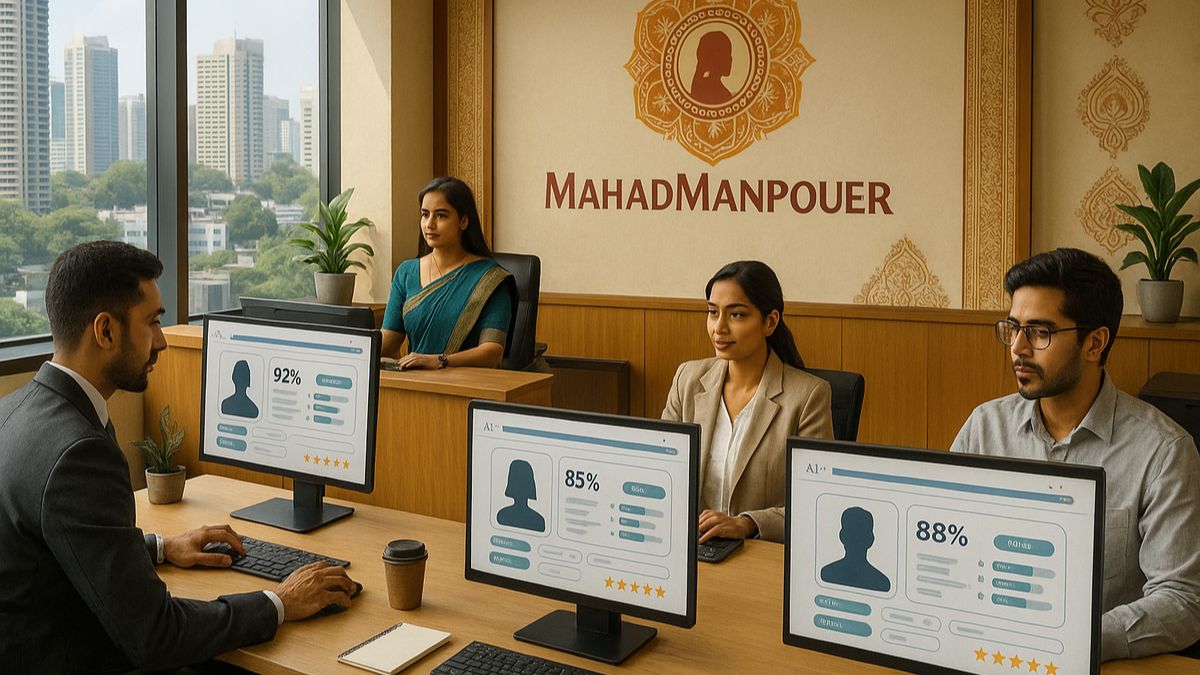 Indian venture capital investment in HR technology exceeded $420 million in 2024, with approximately 80% allocated toward AI-powered solutions addressing domestic market requirements. This substantial capital infusion accelerates the AI revolution in HR by supporting Indian startups developing platforms specifically for regional workforce challenges and opportunities. AI is reshaping.
Indian venture capital investment in HR technology exceeded $420 million in 2024, with approximately 80% allocated toward AI-powered solutions addressing domestic market requirements. This substantial capital infusion accelerates the AI revolution in HR by supporting Indian startups developing platforms specifically for regional workforce challenges and opportunities. AI is reshaping.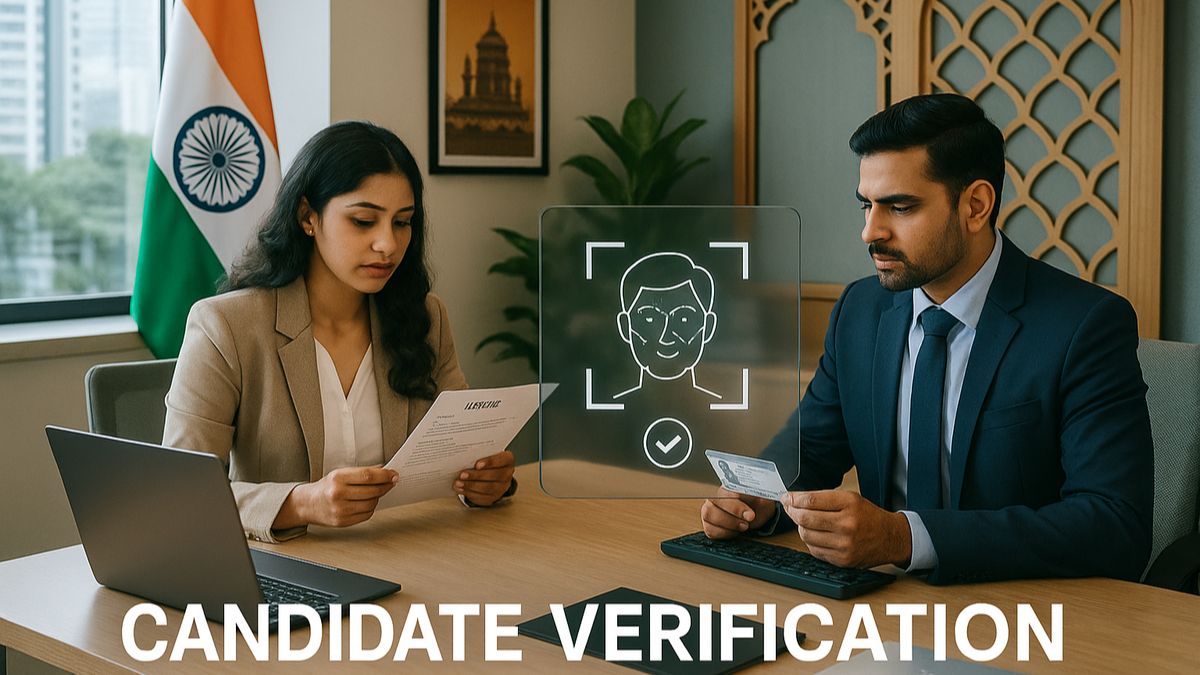
 Indian Candidate Profile Authentication
Indian Candidate Profile Authentication